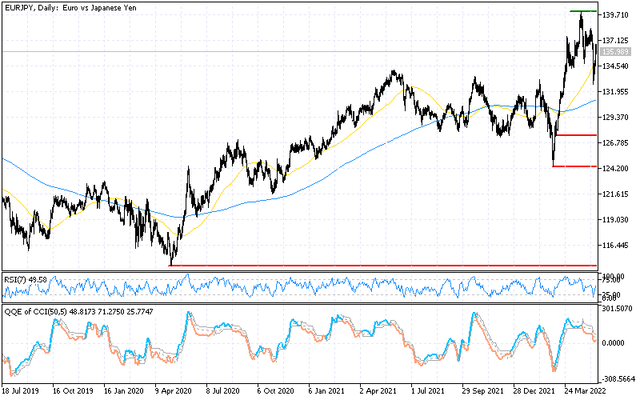Forex trading doesn’t take place on a regulated exchange (like shares or other assets do), as it occurs between buyers and sellers from anywhere in the world, through an over-the-counter (OTC) market. To be able to access this market, you need to use a Solid broker.
As this market is not centralized, you’ll quickly realize that you can access different exchange rates and trading conditions, depending on the broker you use. For this reason, choosing the right broker for your trading style is essential in becoming a successful Forex trader. It’s important to note that even if there are many brokers out there offering similar products and services, there are a few things you should check before deciding which one to use, to be sure you’ll be giving yourself the best chance to succeed.
You need to be sure it offers the right kinds of trading platforms and trading accounts for your trading style – not to mention other details such as trading conditions, spreads, minimum deposit, payment methods, main currency of the account, and the availability of the technical support.
Another very important thing to consider when choosing a broker is what type of broker that they are, as they are different kinds – predominately, Market Makers and ECNs.
Market Maker vs. ECN broker
Understanding the definition of a Market Maker is pretty straightforward – it’s a broker that “makes the markets” by setting the bid and the ask prices via its own systems. Then, they display these prices via their platforms, so that investors can open and close trading positions.
Usually, a Market Maker broker will not hedge its client positions with other liquidity providers like an ECN broker would do. Instead, what Market Markets do is they pay winning client positions out of their own accounts. It also means that when a client has a winning trading position, a Market Maker broker loses.
An ECN broker stands for Electronic Communication Network (ECN). Solid ECN provides its traders with direct access to other market participants via interbank trading prices. This network allows buyers and sellers in the exchange to find a counterparty of their trading positions.
Solid ECN uses different liquidity providers, we are able to allow prices from these providers to compete in the same auction, which usually means that traders get better prices and cheaper trading conditions. Moreover, by using an ECN broker, traders usually trade in a more efficient and transparent environment.
Solid ECN Securities makes money with the trading volume of its clients, charging a commission on each position.
> Solid ECN broker doesn’t trade against its clients.
> Solid ECN broker is only the intermediary between your buying and selling orders, matching you up with different market participants.
Hence, Solid ECN broker doesn’t bet against you, which means that it never takes the other side of your trading positions. This trading model ensures you that there is no conflict of interest, as an ECN broker gets a commission whether you make or lose money.
Using an ECN broker limits price manipulation, increases transparency and provides better trading conditions. As an ECN broker doesn’t “make the market” by creating its own quotes, it is harder for it to manipulate prices, simply because it uses prices from different liquidity providers. With an ECN broker, you have access to real-live, current information, as well as more accurate prices history, hence why it is more difficult for this type of broker to manipulate prices. Displaying prices from official sources transparently in the Solid ECN trading platforms makes it easier for you to trade instantly, with tighter spreads than other types of brokers. Moreover, you usually get lower fees and commissions, as well as immediate confirmations.
Another benefit of accessing real quotes is that you avoid “re-quotes”, which can have a negative impact on your overall trading performance. This usually happens when your trading order is rejected because of the change in the price of the asset you want to invest in. Then, the broker offers you a “re-quote” of the given asset (which rarely works out in your favor).
Bottom-Line
As you can see, using us (Solid ECN) allows you to trade more efficiently and profitably, thanks to better trading conditions and better trading execution. With increased transparency and no conflict of interest, Solid ECN like MultiBank are the most reliable and safe way to trade.




















